WASHINGTON, DC. Jan 12, (V7N) – The U.S. Supreme Court heard arguments Friday over a contentious law mandating the sale of TikTok by its Chinese parent company ByteDance or facing a nationwide ban. TikTok’s legal team warned that if the law stands, it could set a precedent for Congress to target other companies under similar national security concerns.
The law, signed by President Joe Biden, sets a January 19 deadline for ByteDance to divest its U.S. TikTok operations. Failure to do so could result in TikTok being banned across the country. TikTok and ByteDance argue that the law violates the First Amendment’s protection of free speech.
Noel Francisco, representing TikTok, argued the law could lead to broader government overreach. “If Congress can do this to TikTok, it could target any company. AMC Theatres, once Chinese-owned, could be forced to censor films Congress dislikes,” Francisco told the justices.
The Supreme Court justices appeared inclined to uphold the law but showed concern over its implications for free speech.
National Security Concerns vs. Free Speech
The bipartisan law was passed amid fears that the Chinese government could exploit TikTok to spy on Americans or influence U.S. public opinion. TikTok, with 170 million American users, has denied these allegations.
Solicitor General Elizabeth Prelogar defended the law, emphasizing its necessity for national security. She argued that ByteDance would not willingly give up control of TikTok without firm action. "This law may be the push ByteDance needs to proceed with divestiture," Prelogar stated.
TikTok creators, represented by lawyer Jeffrey Fisher, criticized the law’s focus solely on TikTok while sparing other Chinese-owned platforms like e-commerce giant Temu. Fisher questioned why Congress, if serious about security risks, didn’t include other platforms with large U.S. user bases.
Potential Impact of the Ban
If the ban takes effect, Apple and Google would have to remove TikTok from their app stores, blocking new downloads. Existing users could still access the app, but without updates or maintenance, it would eventually become obsolete.
Francisco challenged the justification for the ban, arguing, "Everyone manipulates content to some degree. Whether it's CNN or Fox News, that’s protected speech under the First Amendment."
Political Shifts Could Influence Outcome
The deadline falls one day before President-elect Donald Trump returns to office. Trump has opposed the ban and requested the court delay the law to allow his administration to resolve the issue politically.
Justice Brett Kavanaugh questioned whether a future president could choose not to enforce the law. Prelogar acknowledged that presidential enforcement discretion exists but stressed the importance of the law taking effect as intended.
TikTok's legal team suggested a temporary injunction to delay enforcement, potentially allowing political solutions after Trump assumes office.
The Supreme Court's ruling could have far-reaching implications, shaping how far Congress can go in regulating foreign-owned tech companies and balancing national security with free speech rights.
END/SMA/RH/



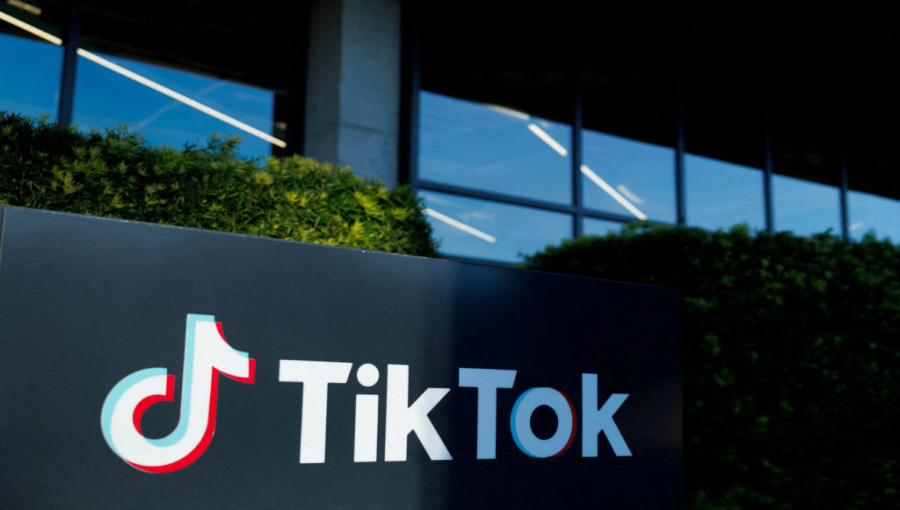
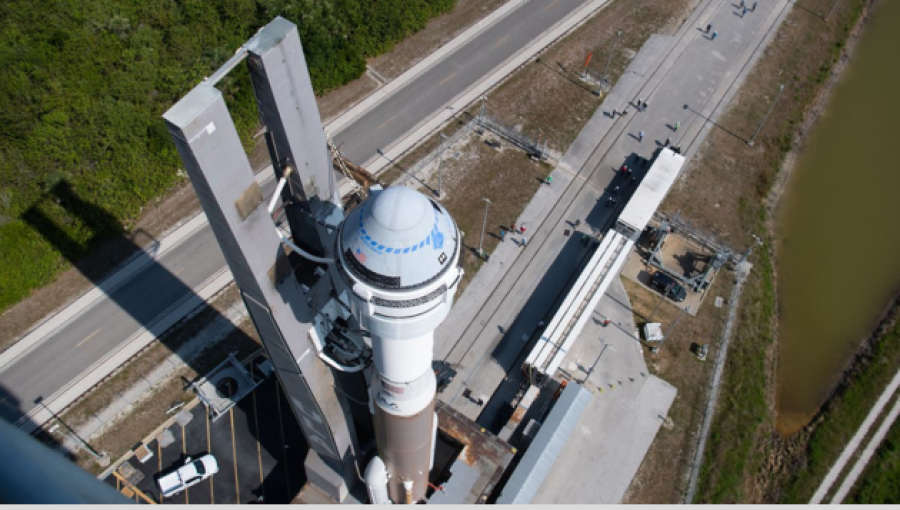
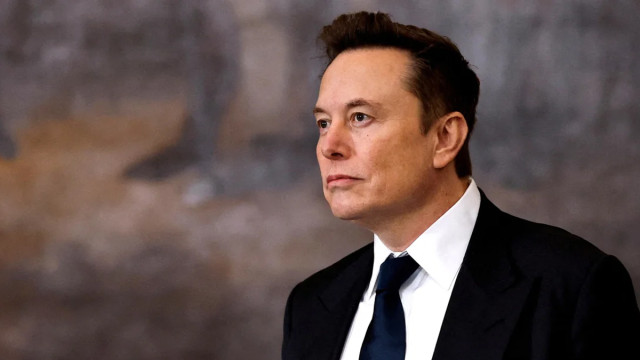

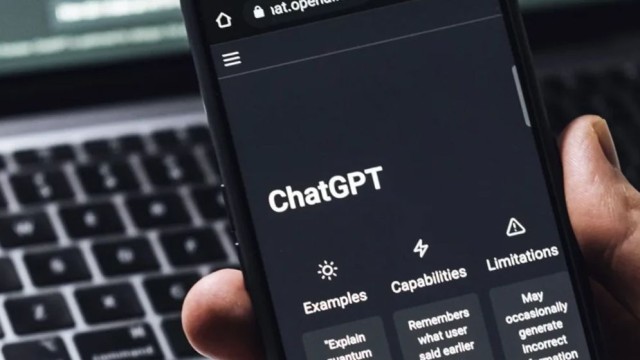
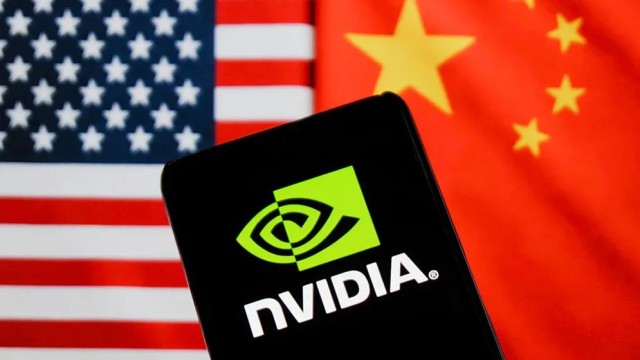
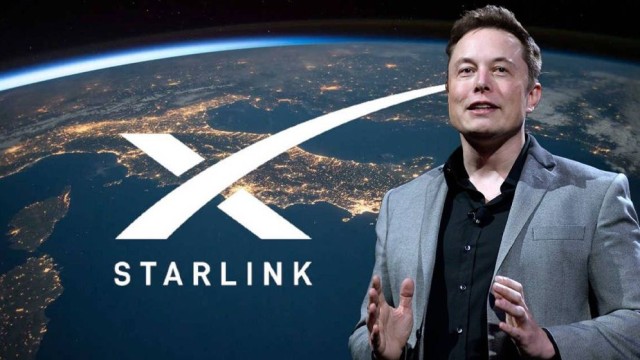
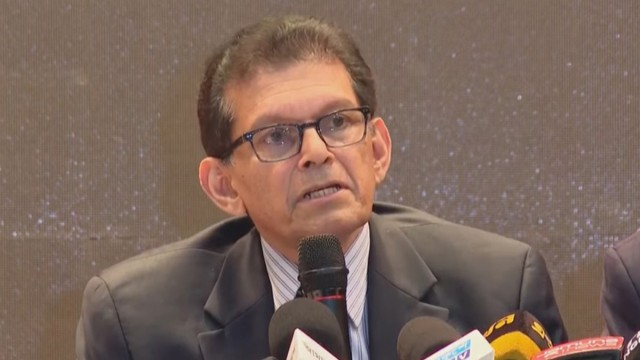


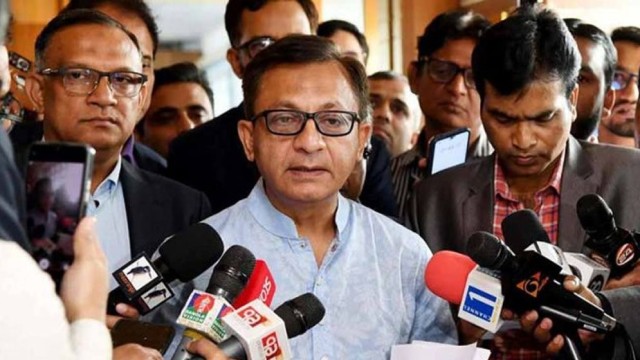
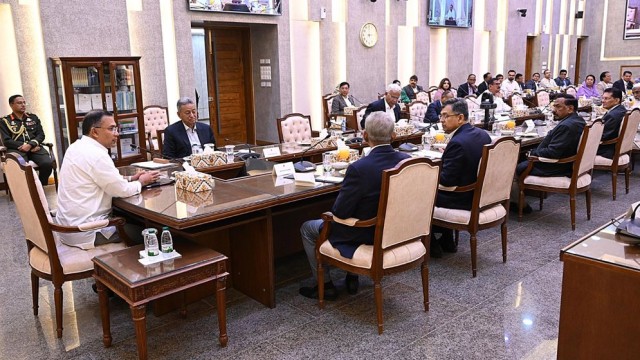

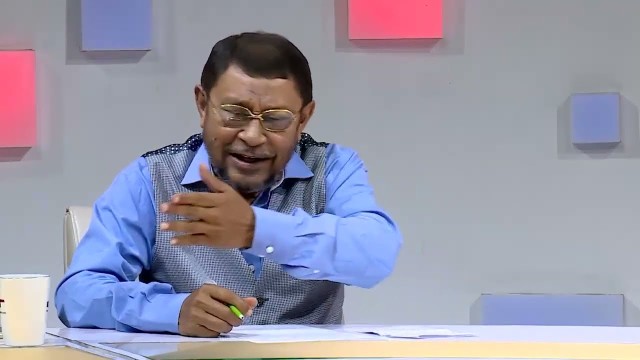
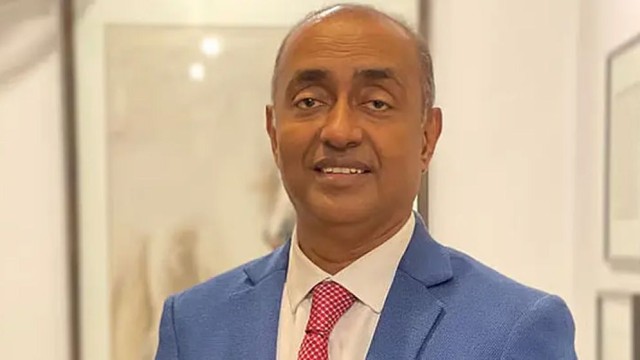

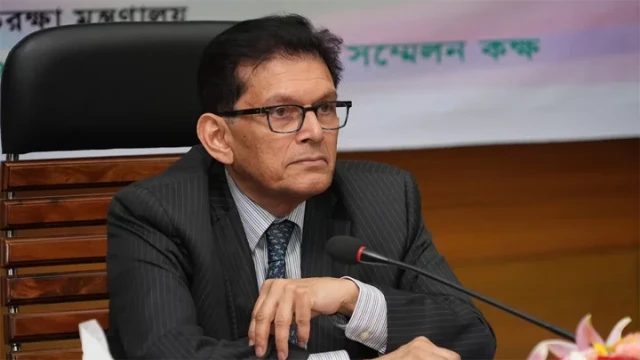











Comment: